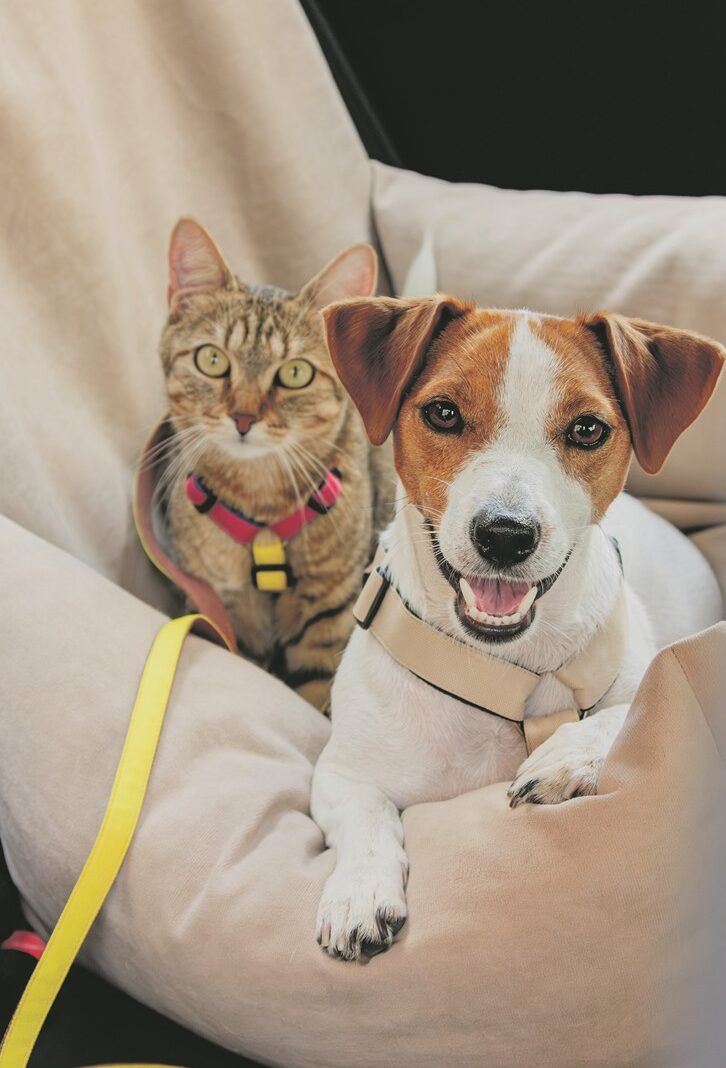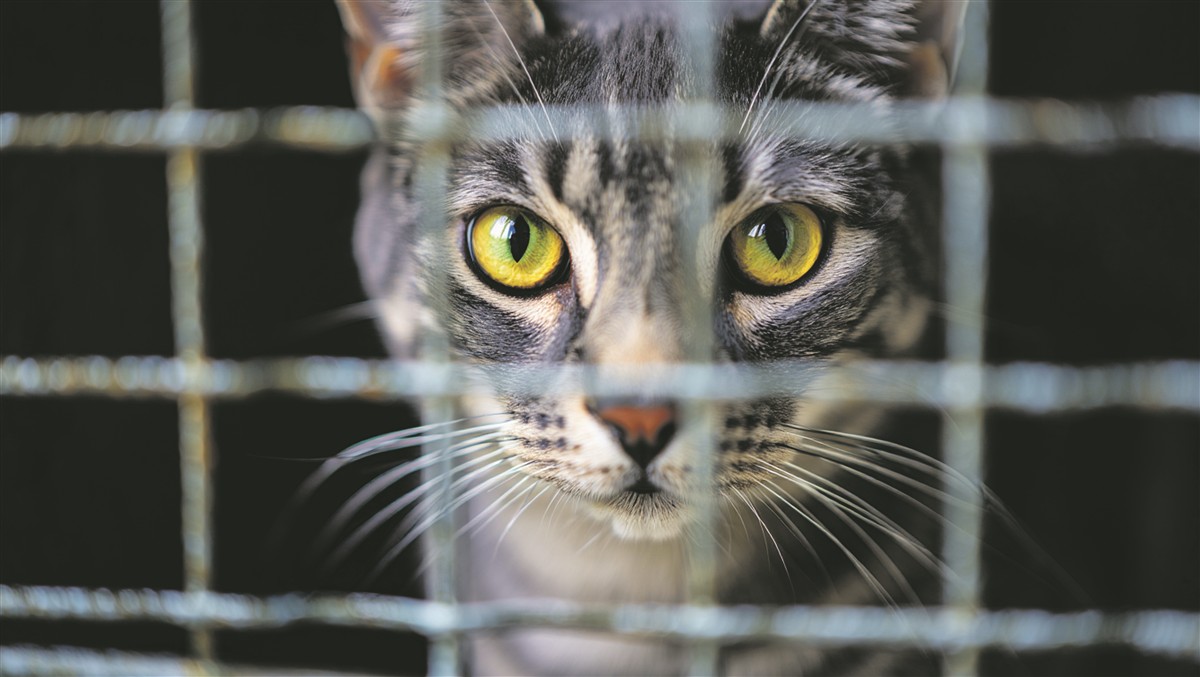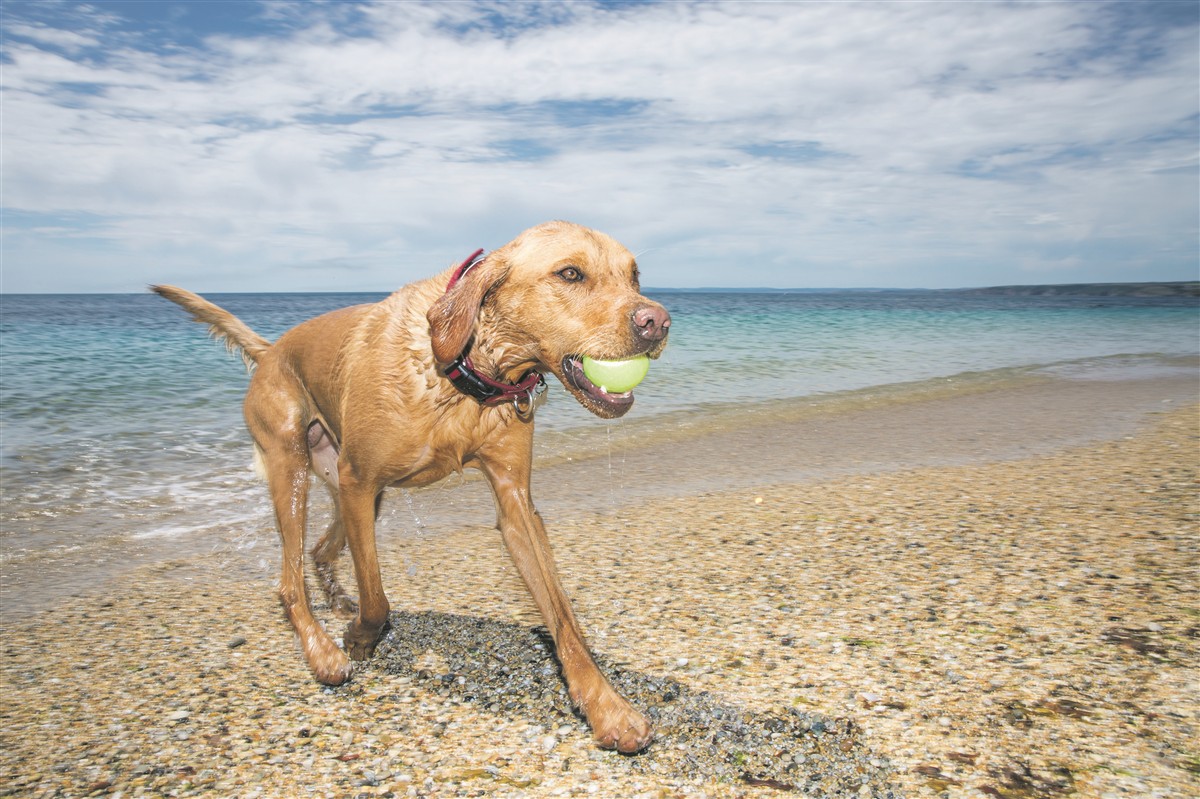
Travelling with dogs and cats - tips for stress-free trips
Travelling with your dog and cat - tips for stress-free trips How to get your dog and cat safely to their destination: car, plane

ADVERTISEMENT

Agriculture on the Costa Blanca has changed quietly but noticeably. Between Dénia and Villajoyosa, a generation of farmers is growing up that favours ecological methods - not out of ideology, but out of necessity. Rising temperatures, periods of drought and falling groundwater levels are forcing a rethink.
In the Comunitat Valenciana, the area under organic farming has grown by more than 130 per cent in the last ten years. Around 20 per cent of the total agricultural area is now certified organic. The province of Alicante accounts for just under a third of this - with a focus on almond, vegetable and wine cultivation. Districts such as the Marina Alta are particularly active, where projects such as Verger Eco Alacant in Benidoleig or small organic farms around Xaló supply local markets with fresh, chemical-free produce.
Organic here means: less irrigation, no synthetic fertilisers, returning organic matter to the soil. Many farms use drip irrigation and rely on rainwater-based storage solutions. In the Marina Baixa, farmers are experimenting with drought-resistant almond and carob tree varieties that can withstand the changing climate conditions.
The change is being supported by programmes from the Generalitat Valenciana and EU agricultural funding (PAC). Grants are available for conversion, certification and investment in energy-saving technology. Municipalities such as Benissa, Pedreguer and Altea are supplementing this with local initiatives: joint marketing, training courses, markets and projects aimed at bringing young farmers back to the region.
Consumption is also changing. More and more households are ordering weekly organic boxes from the region or buying from producers' markets such as the Mercat del Riurau in Jesús Pobre, where only local producers are authorised. The connection between producer and consumer is becoming more direct - and creates trust.
The result is a new agricultural culture that combines tradition and innovation. Fewer chemicals, shorter distances, more appreciation for what grows. Sustainability is not a label here - it has become a survival strategy.
▶ In the next article in this series
How this development continues in everyday life - from regional markets to new forms of sustainable shopping in the Marina Alta and Marina Baixa.

Travelling with your dog and cat - tips for stress-free trips How to get your dog and cat safely to their destination: car, plane

Onka's second chance - Animal Welfare Costa Blanca Without the help of animal welfare organisations, street cats on the Costa Blanca would probably be lost.

Paws on the beach - With a dog on the Costa Blanca What's allowed, what's annoying - and where four-legged friends